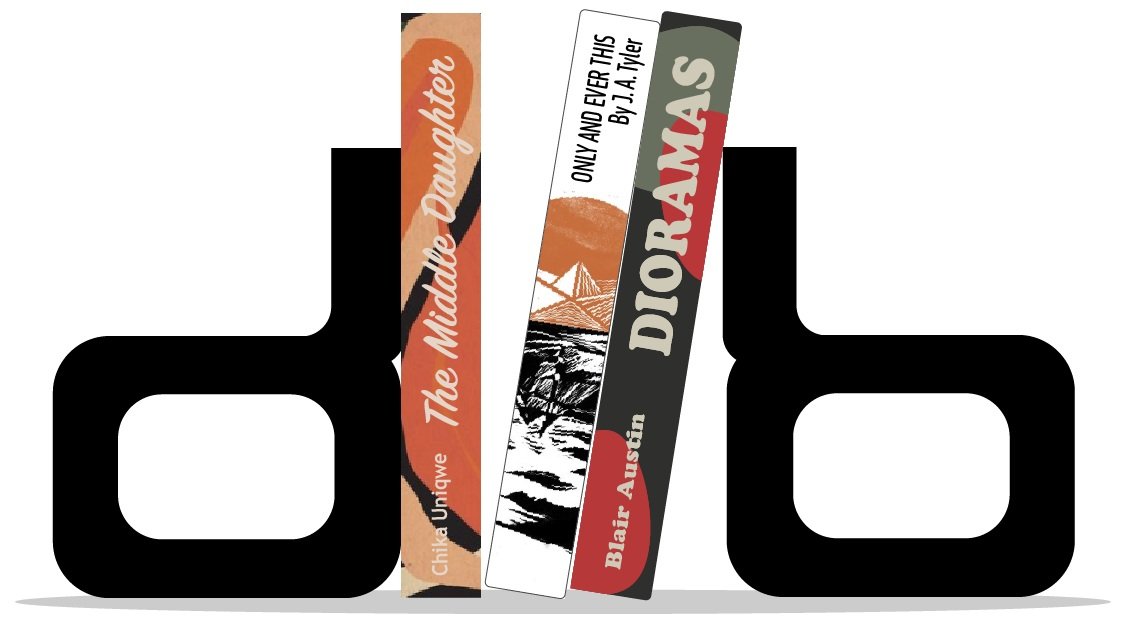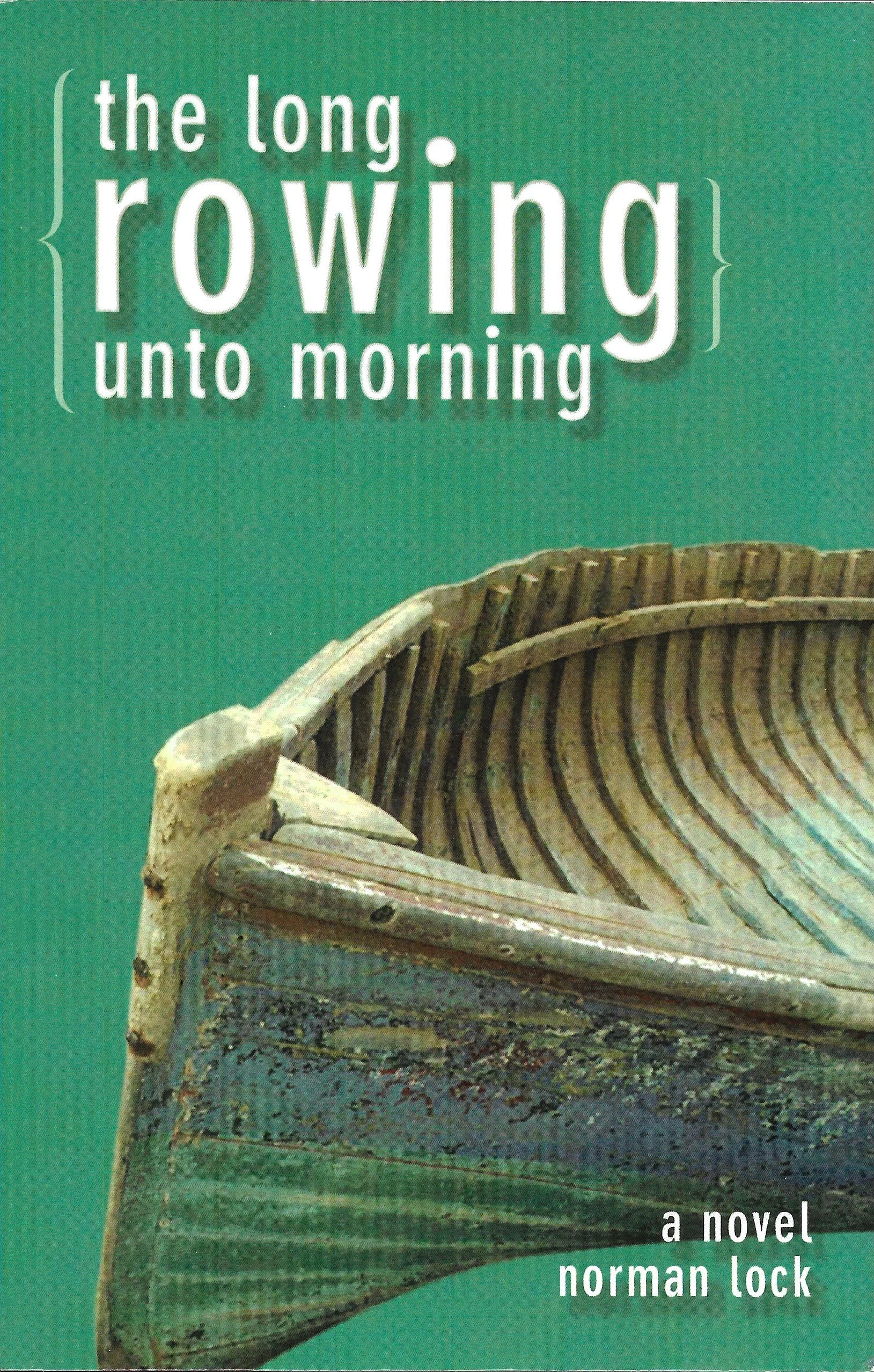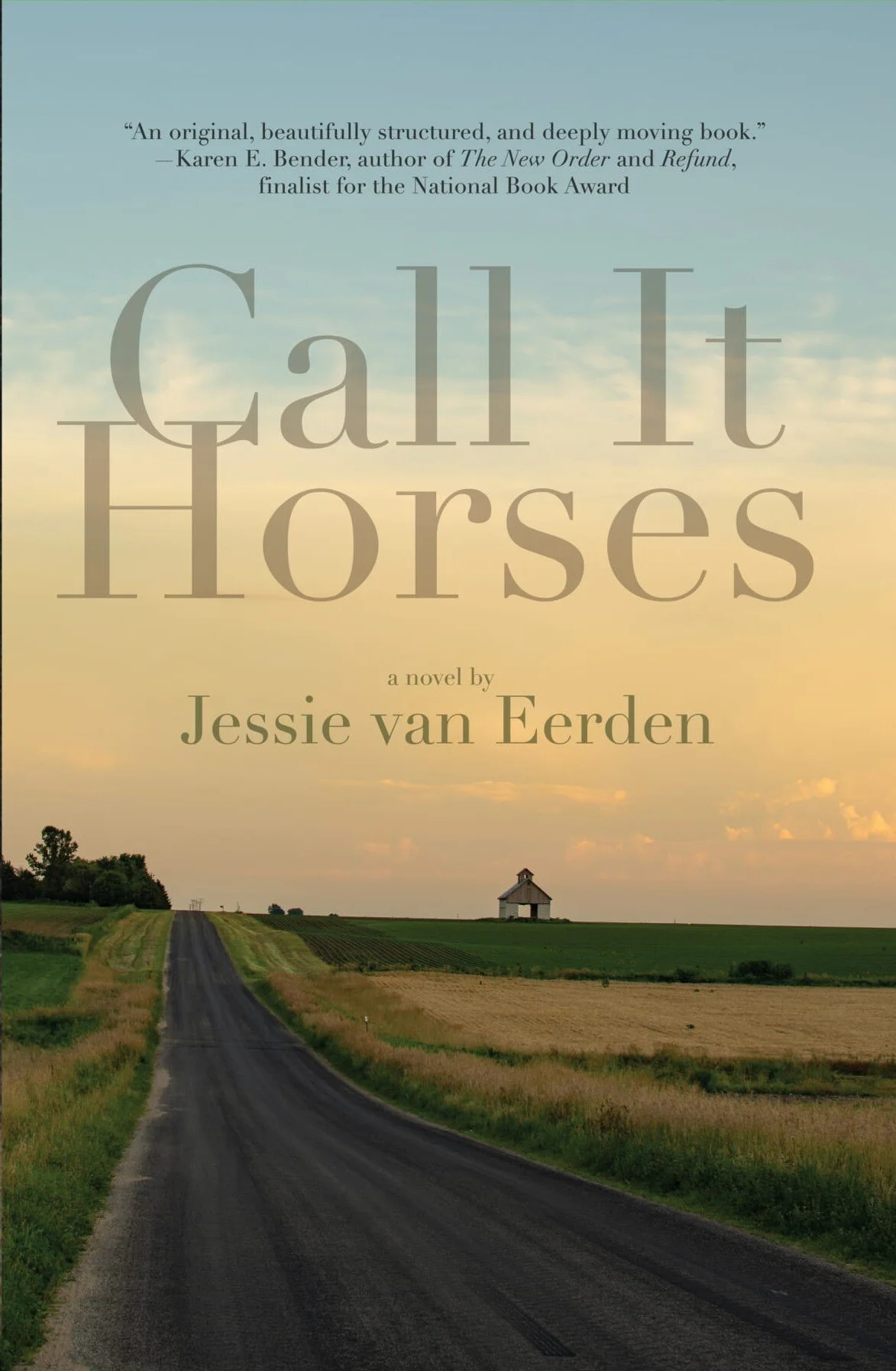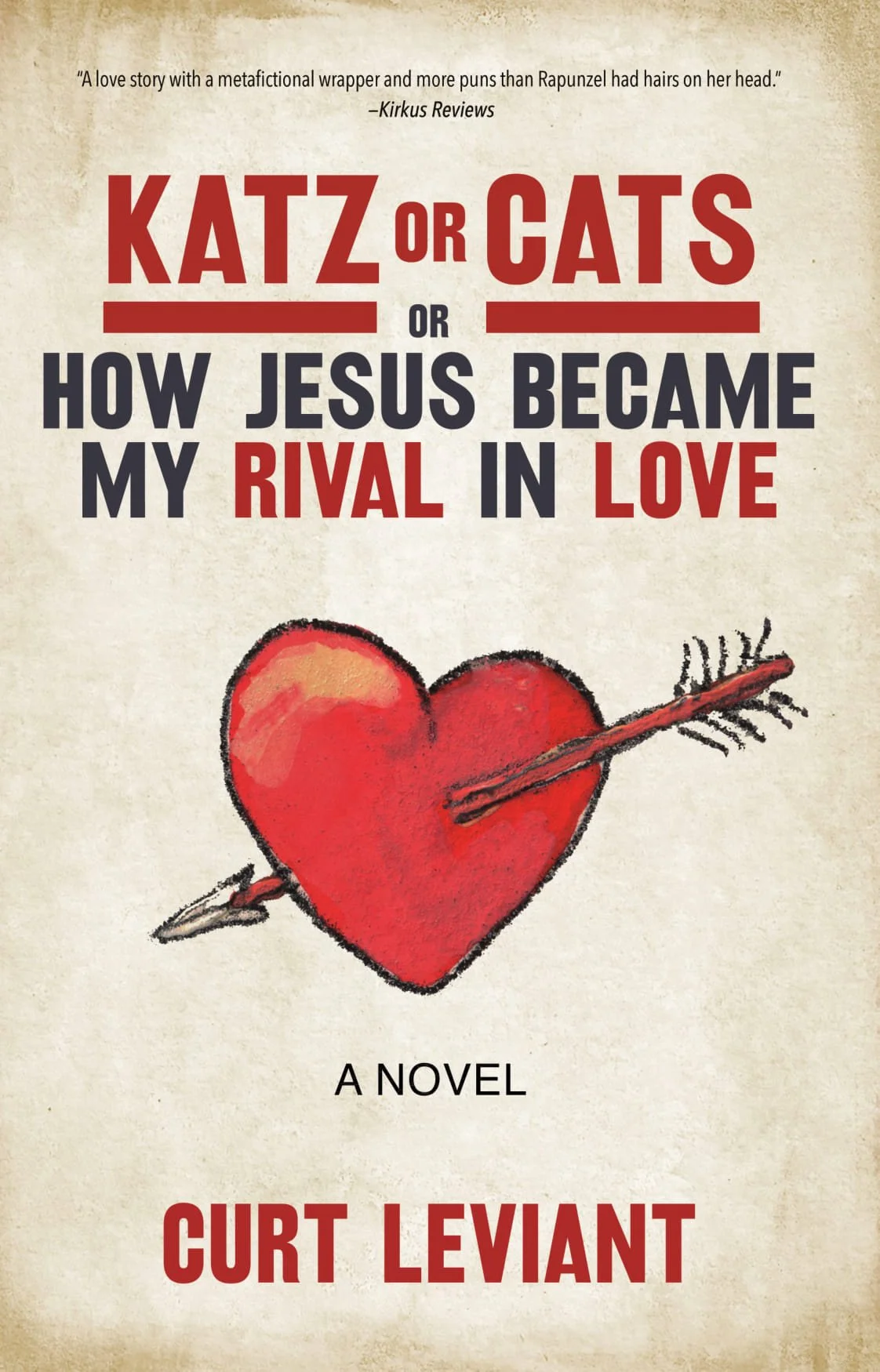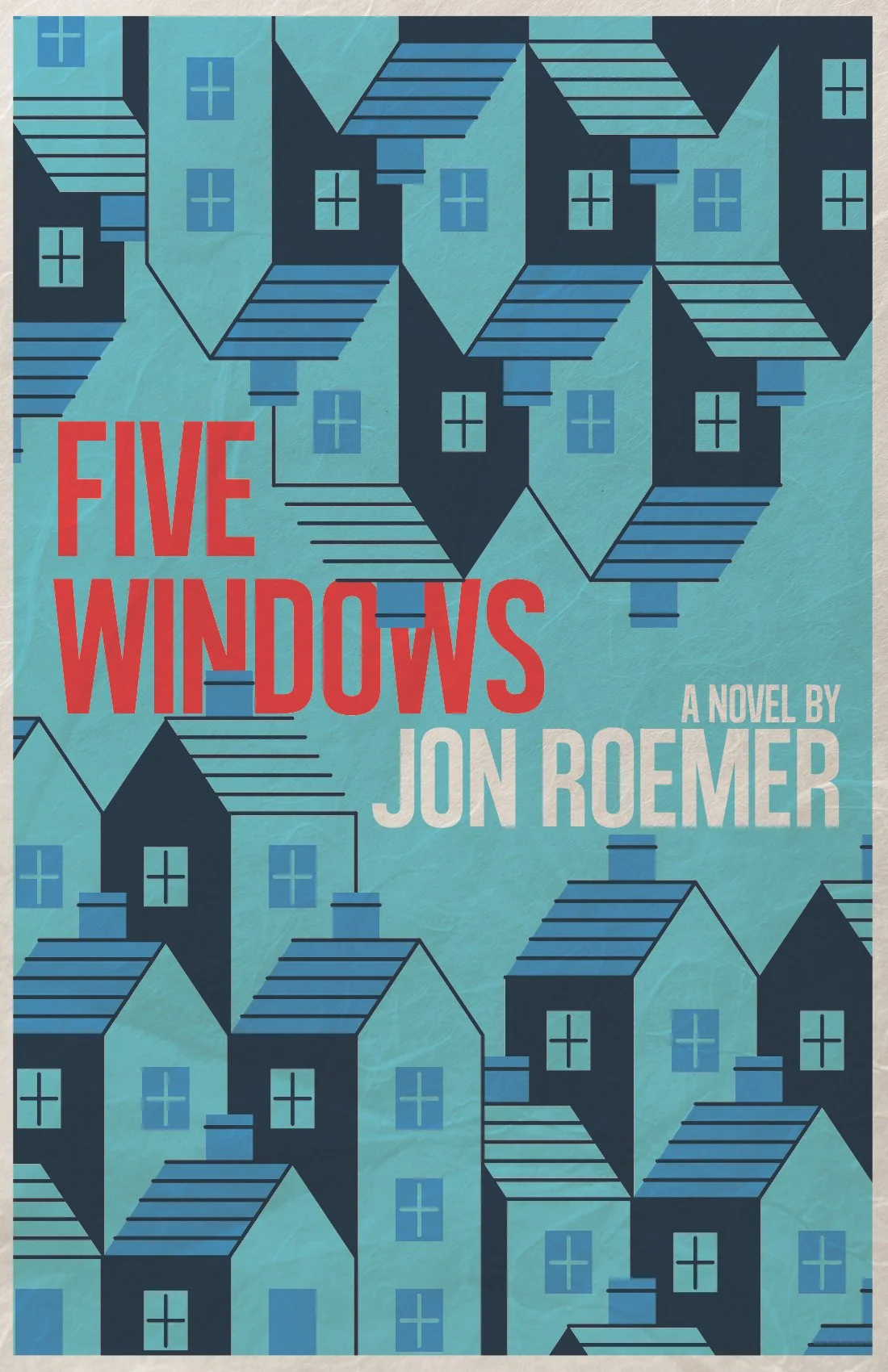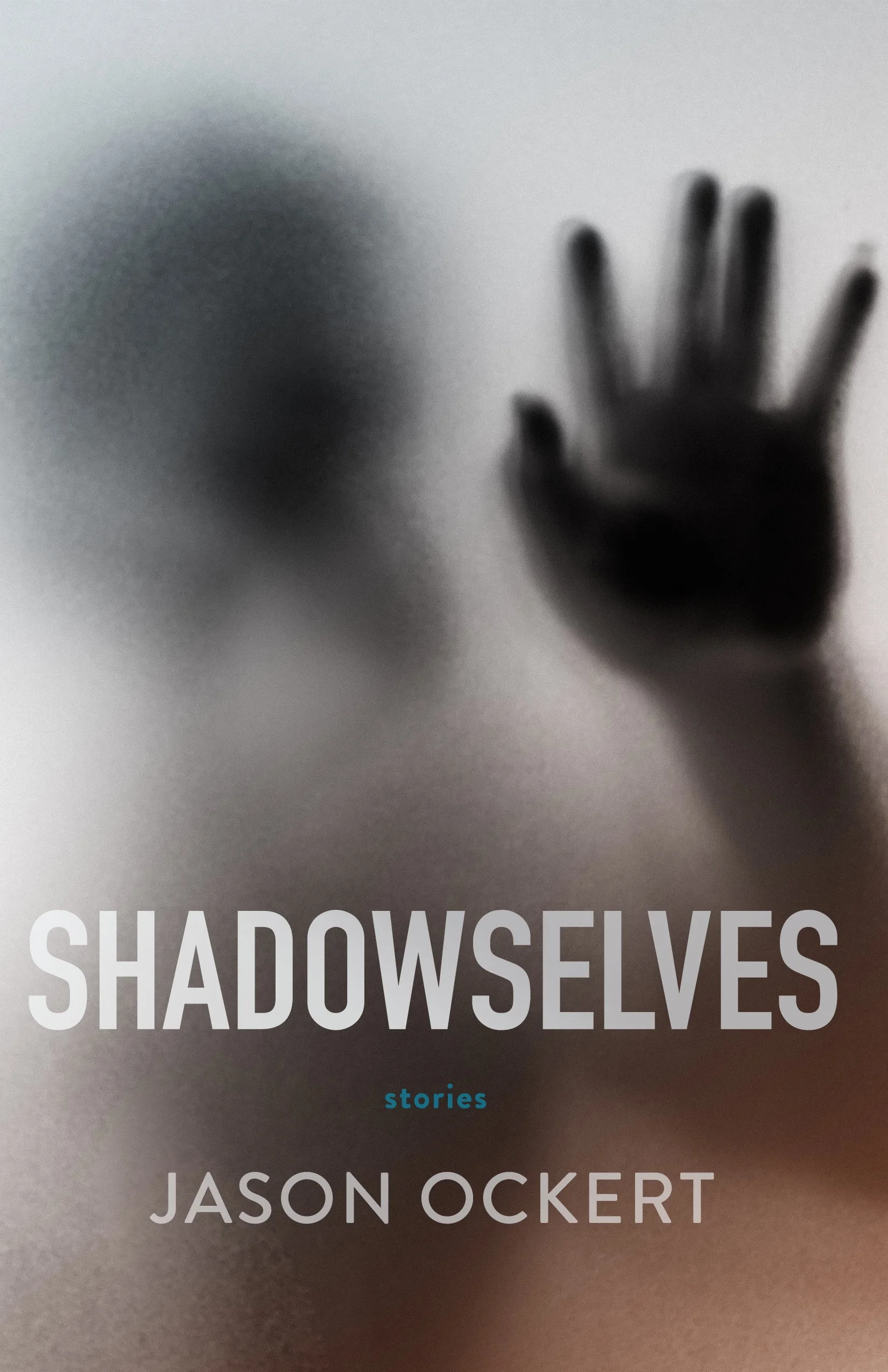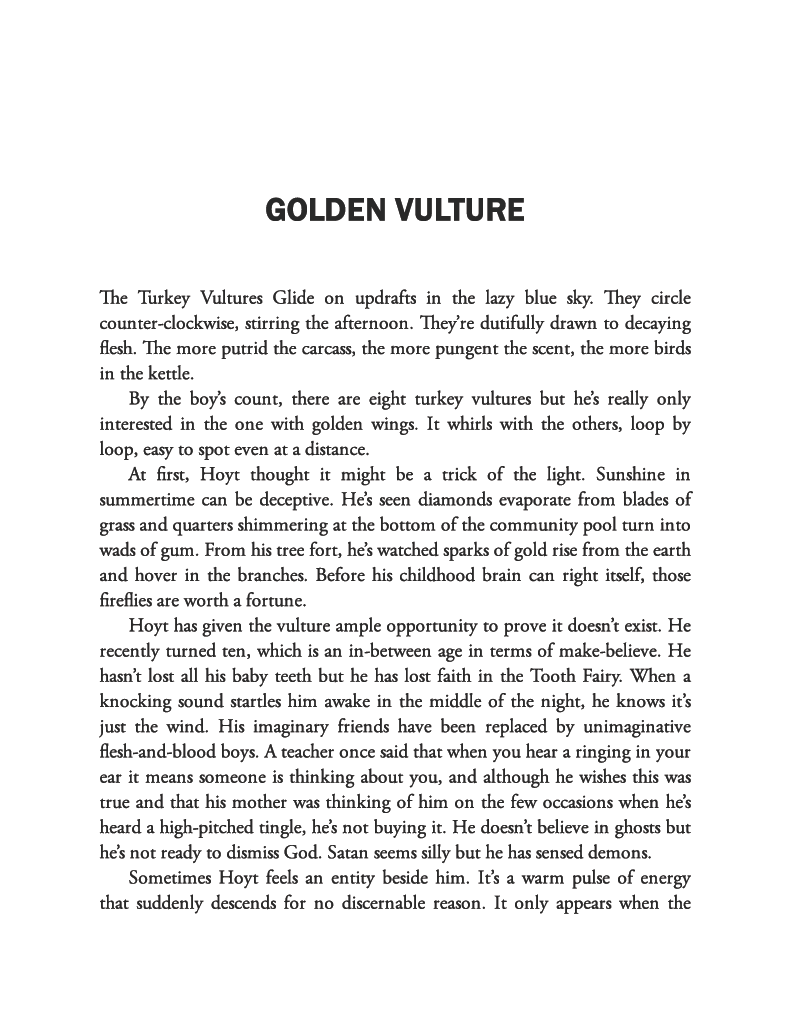The Long Rowing Unto Morning by Norman Lock eBook
Quietly, simply, elegantly, Norman Lock channels, through his “Plain Jane” narrator, our gorgeous desolation, our longing for connection, both earthly and divine. The Long Rowing Unto Morning spirits the reader into richly emotional and primal realms; it’s a book to return to again and again.
–– Dawn Raffel, Author of Carrying the Body
Norman Lock’s The Long Rowing Unto Morning captures the life of a wounded and hampered individual whom we normally wouldn’t glance at twice, but does so so deftly and so masterfully that by the end we feel that she’s someone we’ve always been close to. Like Eva Figes, Lock is interested in exploring the complexities of memory and perception, in how age and an uncertain arrangement of the mind changes the world. Lock allows us to see the world through an Other’s eyes in such a way that by the end the difference between us and her seems little more than a thin sheet of paper, if even that.
–– Brian Evenson, Author of Altmann’s Tongue and The Wavering Knife
The narrator of The Long Rowing Unto Morning is unforgettable. This is Norman Lock’s best fiction yet.
–– Michael Kimball, Author of The Way the Family Got Away
Suffice it to say that while Lock and [Noy] Holland share the same deliberately slow (but by no means methodical) rhythm … the restless gestures towards a point outside the frame of the picture have, in Lock, been collapsed until they occupy not gestures, but pulses rippling through the protagonist’s mind like rain.
–– Miles Clark, NewPages Book Reviews
Lock is interested in one of the most important questions we can encounter: what it means to be in the world. His metaphors of inaccessibility and containment are powerful and often devastating forces throughout the novel. … It is a voice unlike any other.
–– Catherine Spangler, Raven Chronicles
This is a portrait of a woman who is fully in touch with her own sense of loneliness and solitude and the slowness of time’s passing….No other book, no other writer in recent memory, lives up to [Whitman’s] declaration that behind every book there is a hand reaching out to us, a hand to be held onto, a hand that has the power to touch us, to make us feel.
–– Peter Markus, Detroit Metro Times
Quietly, simply, elegantly, Norman Lock channels, through his “Plain Jane” narrator, our gorgeous desolation, our longing for connection, both earthly and divine. The Long Rowing Unto Morning spirits the reader into richly emotional and primal realms; it’s a book to return to again and again.
–– Dawn Raffel, Author of Carrying the Body
Norman Lock’s The Long Rowing Unto Morning captures the life of a wounded and hampered individual whom we normally wouldn’t glance at twice, but does so so deftly and so masterfully that by the end we feel that she’s someone we’ve always been close to. Like Eva Figes, Lock is interested in exploring the complexities of memory and perception, in how age and an uncertain arrangement of the mind changes the world. Lock allows us to see the world through an Other’s eyes in such a way that by the end the difference between us and her seems little more than a thin sheet of paper, if even that.
–– Brian Evenson, Author of Altmann’s Tongue and The Wavering Knife
The narrator of The Long Rowing Unto Morning is unforgettable. This is Norman Lock’s best fiction yet.
–– Michael Kimball, Author of The Way the Family Got Away
Suffice it to say that while Lock and [Noy] Holland share the same deliberately slow (but by no means methodical) rhythm … the restless gestures towards a point outside the frame of the picture have, in Lock, been collapsed until they occupy not gestures, but pulses rippling through the protagonist’s mind like rain.
–– Miles Clark, NewPages Book Reviews
Lock is interested in one of the most important questions we can encounter: what it means to be in the world. His metaphors of inaccessibility and containment are powerful and often devastating forces throughout the novel. … It is a voice unlike any other.
–– Catherine Spangler, Raven Chronicles
This is a portrait of a woman who is fully in touch with her own sense of loneliness and solitude and the slowness of time’s passing….No other book, no other writer in recent memory, lives up to [Whitman’s] declaration that behind every book there is a hand reaching out to us, a hand to be held onto, a hand that has the power to touch us, to make us feel.
–– Peter Markus, Detroit Metro Times
Quietly, simply, elegantly, Norman Lock channels, through his “Plain Jane” narrator, our gorgeous desolation, our longing for connection, both earthly and divine. The Long Rowing Unto Morning spirits the reader into richly emotional and primal realms; it’s a book to return to again and again.
–– Dawn Raffel, Author of Carrying the Body
Norman Lock’s The Long Rowing Unto Morning captures the life of a wounded and hampered individual whom we normally wouldn’t glance at twice, but does so so deftly and so masterfully that by the end we feel that she’s someone we’ve always been close to. Like Eva Figes, Lock is interested in exploring the complexities of memory and perception, in how age and an uncertain arrangement of the mind changes the world. Lock allows us to see the world through an Other’s eyes in such a way that by the end the difference between us and her seems little more than a thin sheet of paper, if even that.
–– Brian Evenson, Author of Altmann’s Tongue and The Wavering Knife
The narrator of The Long Rowing Unto Morning is unforgettable. This is Norman Lock’s best fiction yet.
–– Michael Kimball, Author of The Way the Family Got Away
Suffice it to say that while Lock and [Noy] Holland share the same deliberately slow (but by no means methodical) rhythm … the restless gestures towards a point outside the frame of the picture have, in Lock, been collapsed until they occupy not gestures, but pulses rippling through the protagonist’s mind like rain.
–– Miles Clark, NewPages Book Reviews
Lock is interested in one of the most important questions we can encounter: what it means to be in the world. His metaphors of inaccessibility and containment are powerful and often devastating forces throughout the novel. … It is a voice unlike any other.
–– Catherine Spangler, Raven Chronicles
This is a portrait of a woman who is fully in touch with her own sense of loneliness and solitude and the slowness of time’s passing….No other book, no other writer in recent memory, lives up to [Whitman’s] declaration that behind every book there is a hand reaching out to us, a hand to be held onto, a hand that has the power to touch us, to make us feel.
–– Peter Markus, Detroit Metro Times
ABOUT THE AUTHOR
Norman Lock is the author of numerous works of fiction, as well as stage and radio plays, including The House of Correction (Broadway Play Publishing, 1988), A History of the Imagination (FC2, 2004), Land of the Snowmen (Calamari Press, 2005), The Long Rowing unto Morning (Ravenna Press, 2007), The King of Sweden (Ravenna Press, 2009),Shadowplay (Ellipsis Press, 2009), and Pieces for Small Orchestra (Spuyten Duyvil, 2011). He is a recipient of the Aga Kahn Prize given by The Paris Review, prose fellowships awarded by both the New Jersey and the Pennsylvania Council on the Arts and, in 2011, a poetry fellowship from the National Endowment for the Arts. He lives in Aberdeen, New Jersey.
